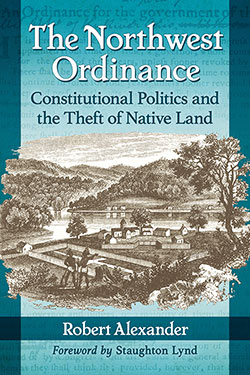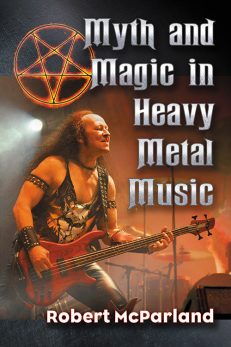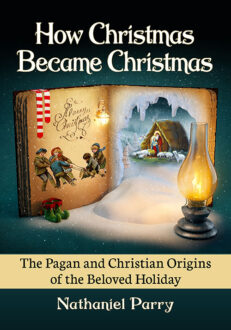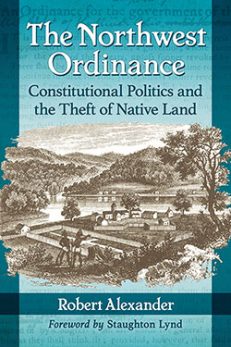The Northwest Ordinance
Constitutional Politics and the Theft of Native Land
$39.95
In stock
About the Book
Passed by Congress in July 1787, the Northwest Ordinance laid out the basic form of government for all U.S. territory north of the Ohio River. That summer, the Constitutional Convention drafted the defining document of the American Republic as a whole. A bargain struck between Congress and the Convention outlawed slavery north of the Ohio, but gave Southern states a Congressional and Electoral College representation based on population figures that included slaves—each valued at three-fifths of a free white citizen.
Because of this agreement, the western lands acquired from Great Britain after the Revolutionary War were divided into slave and free states—a compromise which, when it failed, precipitated the Civil War 74 years later. For years most historians denied that this political deal took place. Drawing on contemporary letters and documents, this detailed analysis re-examines the Ordinance and how Congress silently permitted the South’s “peculiar institution” to move westward.
About the Author(s)
Bibliographic Details
Robert Alexander
Format: softcover (6 x 9)
Pages: 228
Bibliographic Info: 3 maps, appendices, notes, bibliography, index
Copyright Date: 2017
pISBN: 978-1-4766-6519-1
eISBN: 978-1-4766-2761-8
Imprint: McFarland
Table of Contents
Table of Contents
Foreword by Staughton Lynd 1
Preface 7
Introduction 9
1. The Year 1787 Had Started 17
2. Meanwhile in Philadelphia 24
3. Beginning with the Treaty of Lancaster 30
4. Now Back to the Constitutional Convention 44
5. A Brief History of the United Illinois and Wabash Land Company 53
6. Under the Articles of Confederation 59
7. Philadelphia in July 67
8. History of the Anti-Slavery Clause 73
9. New York in July 1787 86
10. Treaty at the Mouth of the Great Miami 95
11. Back to Philadelphia 105
12. Logan’s Raid 120
13. Back in New York 128
Appendix A. Abraham Yates’s Solitary Vote Against the Northwest Ordinance 137
Appendix B. Johnson v. M’Intosh 149
Appendix C. Speech of the United Indian Nations 154
Appendix D. Complete Text of the Northwest Ordinance and the Resolve of 1784 157
Chapter Notes 165
Bibliography 195
Index 209
Book Reviews & Awards
“meticulous research”—Indian Country Today; “re-examines the Northwest Ordinance of 1787 and illustrates the link between slavery and the theft of Native land”—ProtoView; “A fascinating tale of political intrigue, land speculation, and sectional haggling”—Jon Kukla, A Wilderness So Immense: The Louisiana Purchase and the Destiny of America; “an engrossing narrative showing the theft of Native Americans’ land and African Americans’ labor were inextricably linked”—Woody Holton, Unruly Americans and the Origins of the Constitution; “Robert Alexander’s book provides an amazing amount of historical detail about the early founding of the United States, with an envisioned destiny of westward expansion. The 1787 Northwest Ordinance, the main template for that expansion, quite skillfully professed the ‘utmost good faith towards the Indians,’ with a full protection of their property, rights, and liberty. Yet, as Alexander’s work demonstrates, the vision of those who founded the United States was an unabated imperial advancement across the continent by pushing aside and dispossessing those First Nations. Alexander’s work provides deep insight into this history and its continuing impact on Original Nations in our time.”—Steven Newcomb, Pagans in the Promised Land: Decoding the Doctrine of Christian Discovery.





